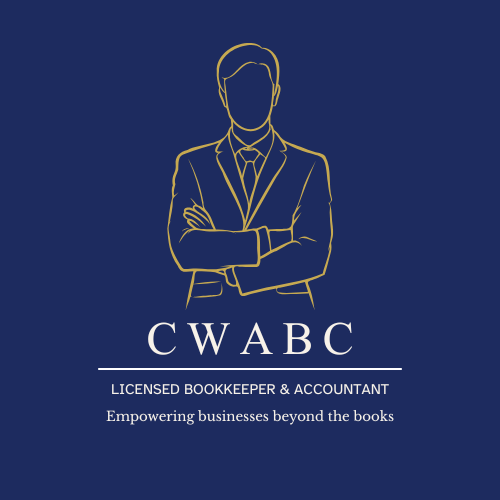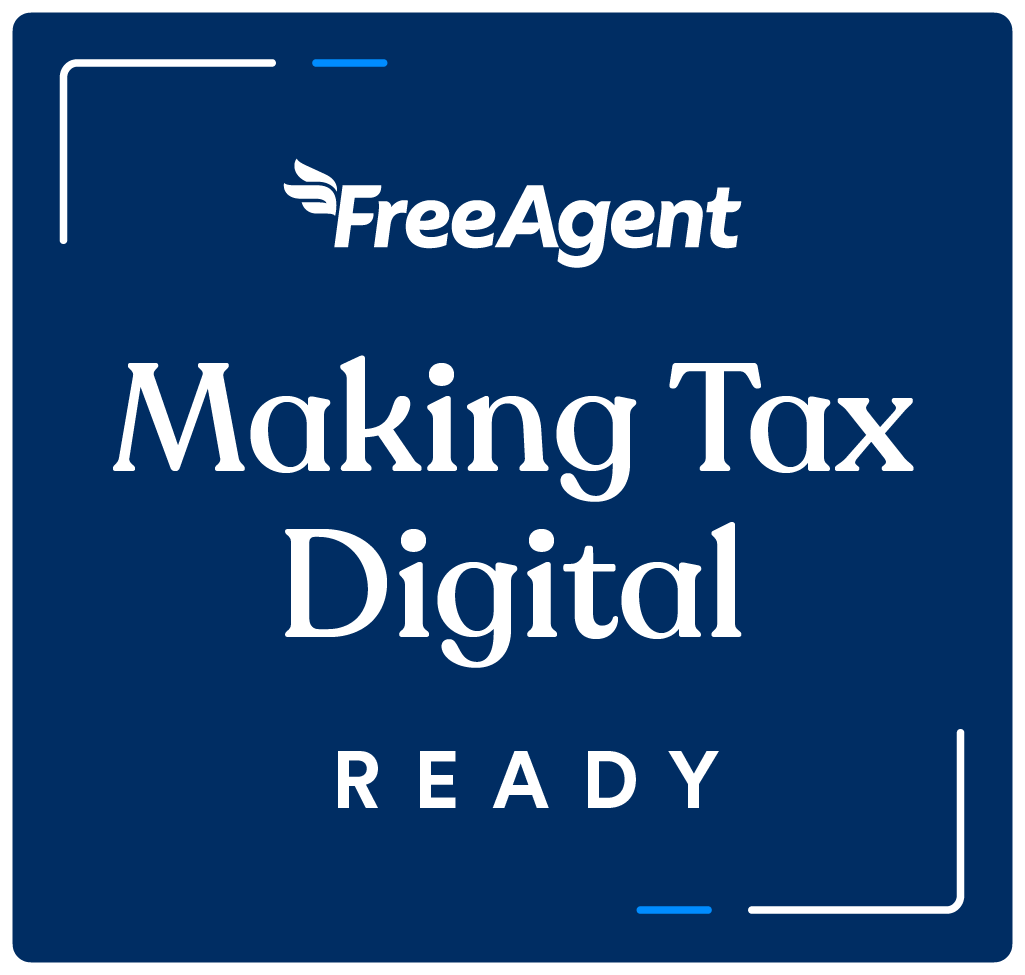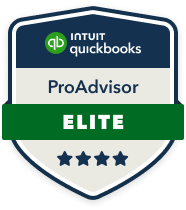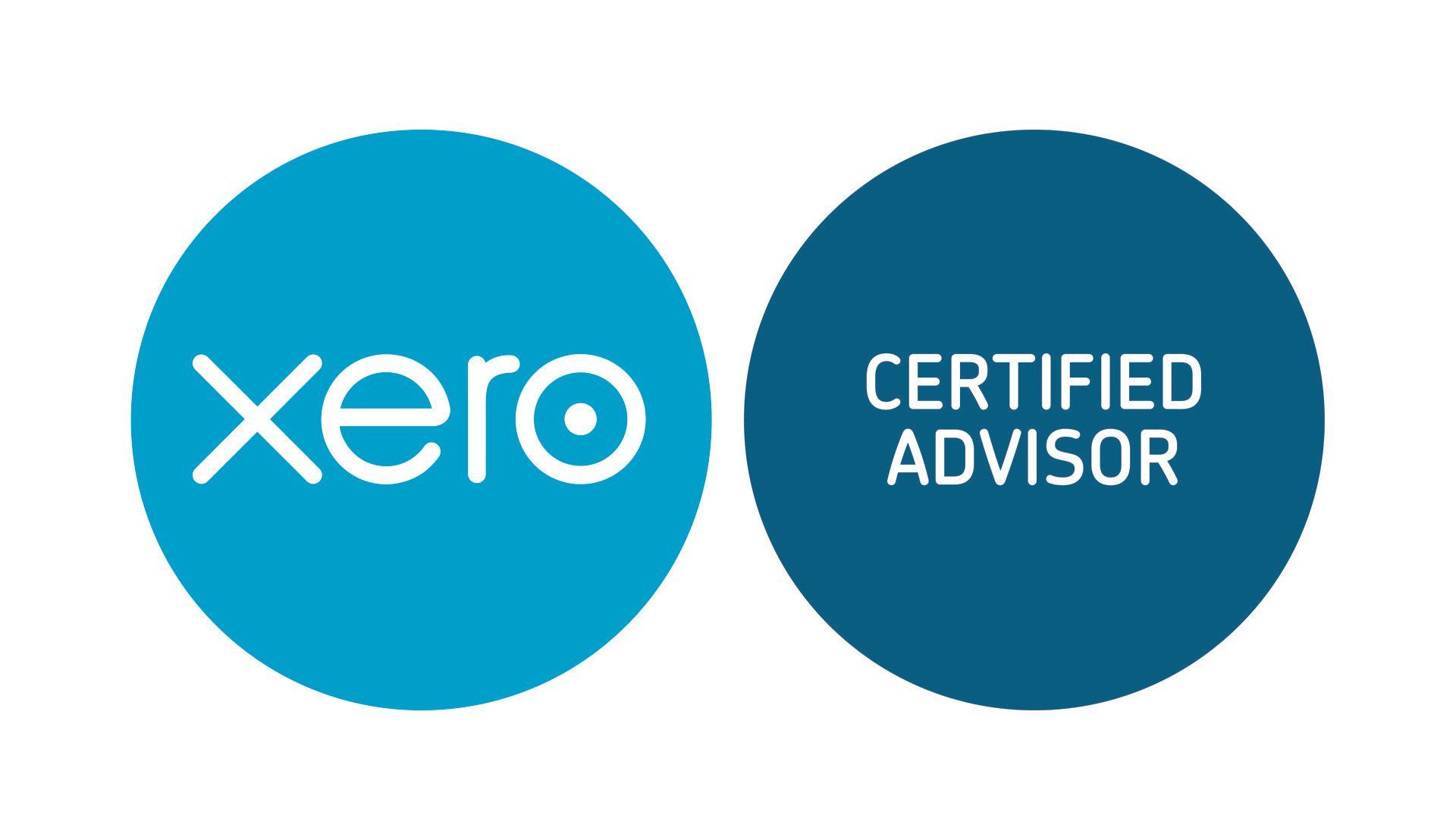An In-Depth Analysis of Budget 2024: Navigating Through the Changes

Chancellor Jeremy Hunt's Budget for 2024 has unveiled a series of financial measures with profound implications for the UK's economic landscape. Let's dissect these changes to understand their impact on individuals and businesses.
National Insurance (NI) Cuts: A landmark reduction in NI contributions means a significant boost in the take-home pay for millions. For employees, this means immediate financial relief, while for businesses, particularly small enterprises, it could translate to a lower payroll tax burden, potentially freeing up funds for investment or growth.
Frozen Income Tax Thresholds: By keeping the income tax thresholds unchanged, many individuals will find themselves paying more tax as their incomes grow, effectively facing a stealth tax increase. This scenario calls for savvy financial planning to mitigate the impact of this gradual tax creep.
Council Tax Increases: With councils given the green light to increase taxes, residents should brace for higher bills, directly affecting household budgets. For businesses operating physical premises, this might mean a reevaluation of operating costs and potentially, a reassessment of pricing strategies to maintain margins.
Child Benefit Changes: The extension of child benefit eligibility thresholds is a positive development for families, potentially easing the financial strain on households and indirectly stimulating the economy by increasing disposable income for consumer spending.
Cost-of-Living Support and Fuel Duty Freeze: The government's decision to extend cost-of-living support measures and continue the fuel duty freeze reflects an acknowledgment of the ongoing economic pressures faced by many. For businesses, these measures may help sustain consumer spending, albeit in a limited capacity.
New Measures: The introduction of a tax on vaping products and the continuation of property tax reforms signal shifting government priorities and a new cost landscape for certain sectors. Businesses involved in these areas will need to adapt to these changes, potentially revising pricing or business models to accommodate the new tax burdens.
What This Means for You:
For individuals, the Budget presents a mix of opportunities and challenges. The immediate financial relief from NI cuts contrasts with the longer-term implications of frozen tax thresholds and increased council taxes. For businesses, the landscape is equally nuanced, with benefits from payroll tax reductions balanced against the need to navigate a complex tax environment and adapt to consumer spending patterns.
As we move forward, it's essential for both individuals and businesses to stay informed and adapt to these changes strategically. Whether it's adjusting household budgets, revising business models, or seeking financial advice, the key to navigating 2024 successfully will lie in proactive planning and informed decision-making.
In conclusion, Budget 2024 sets a dynamic stage for the UK economy, with significant implications for financial planning and management. Understanding these changes in depth is crucial for making informed decisions that align with your financial goals and business strategies.















